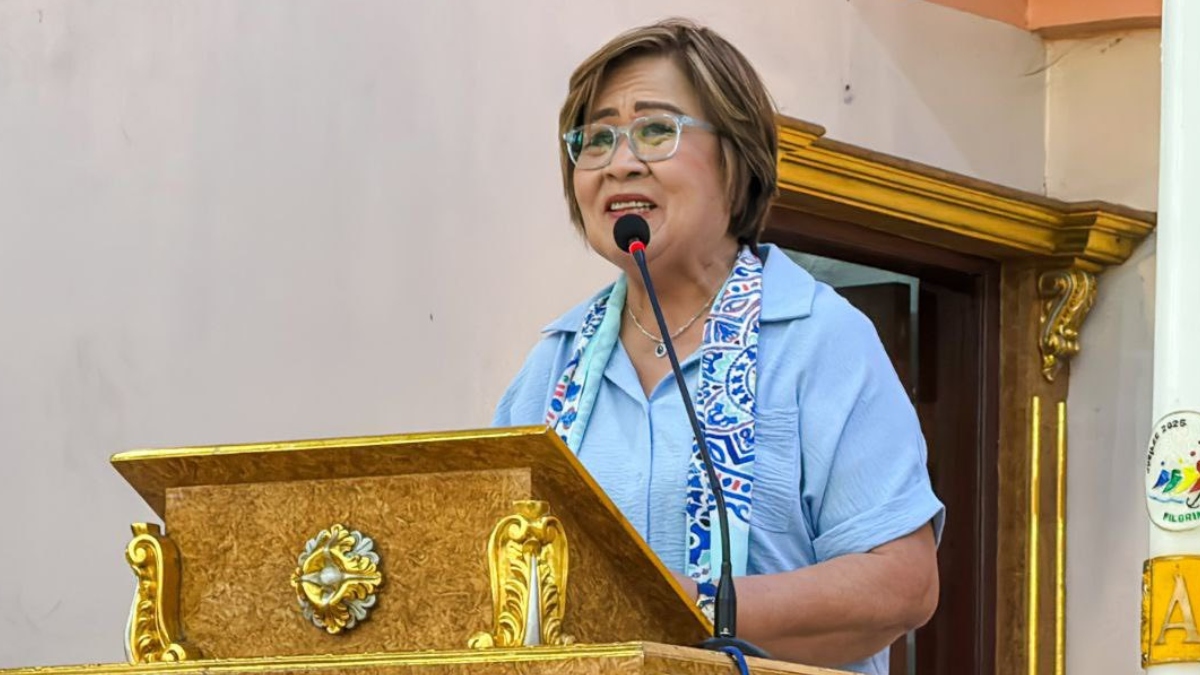Former senator Leila de Lima criticized Senate President Francis “Chiz” Escudero’s decision to postpone the presentation of the articles of impeachment against Vice President Sara Duterte, calling it a clear violation of the 1987 Constitution.
Speaking to reporters on Monday after meeting with members of the House minority bloc, De Lima said the delay contradicts Article XI, Section 3(4) of the Constitution, which mandates the Senate to immediately proceed with trial once a verified complaint is filed by at least one-third of House members.
“‘Forthwith’ is forthwith,” De Lima stressed. “And it’s been delayed a few times already. How many times was it postponed?”
The Senate was originally scheduled to receive the articles of impeachment on June 2, with the trial to begin the following day. However, Escudero moved the schedule to June 11, citing the need to prioritize other legislative matters before Congress adjourns.
De Lima pushed back on Escudero’s justification, saying the Senate and the House should stop blaming each other for delays. “Now they are blaming each other,” she said. “But what is clear under the Constitution—for me, the impeachment trial at this stage is not optional.”
She also supported the view that even if the trial moves into the 20th Congress, jurisdiction remains intact. Drawing from her own experience with court cases, she said, “One judge actually was completely not involved in the receiving of evidence but he was able to decide the case based on the records… So the new Senate members can always review and study the records.”
Vice President Duterte’s impeachment stems from allegations of misusing confidential funds and making threats against top officials, including President Marcos and First Lady Liza Araneta Marcos. The fourth and verified complaint that triggered the trial was signed by 215 lawmakers.
The controversy deepened after lawmakers revealed suspicious acknowledgment receipts involving supposed confidential informants. Names like “Mary Grace Piattos” and “Kokoy Villamin” raised eyebrows, with discrepancies in handwriting and the absence of these individuals in government records.






